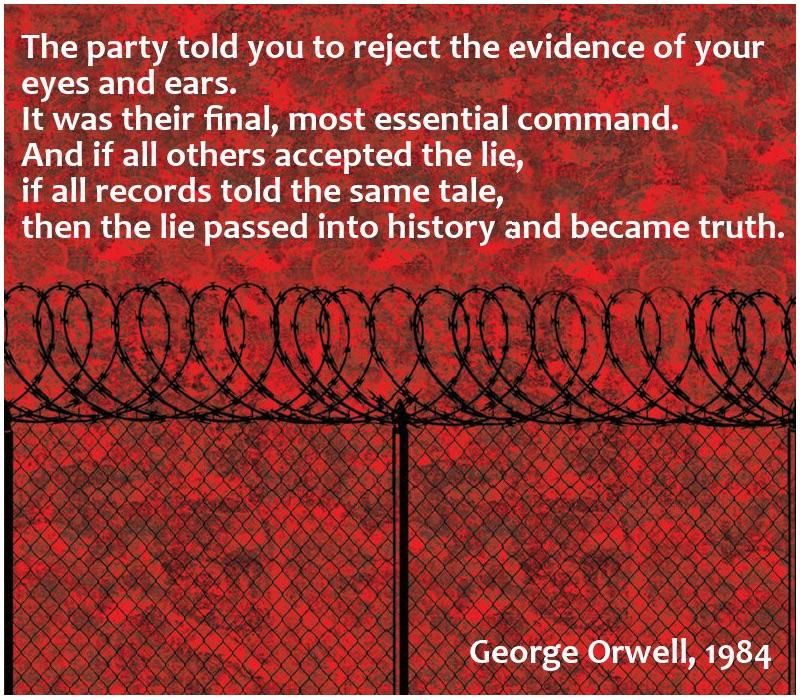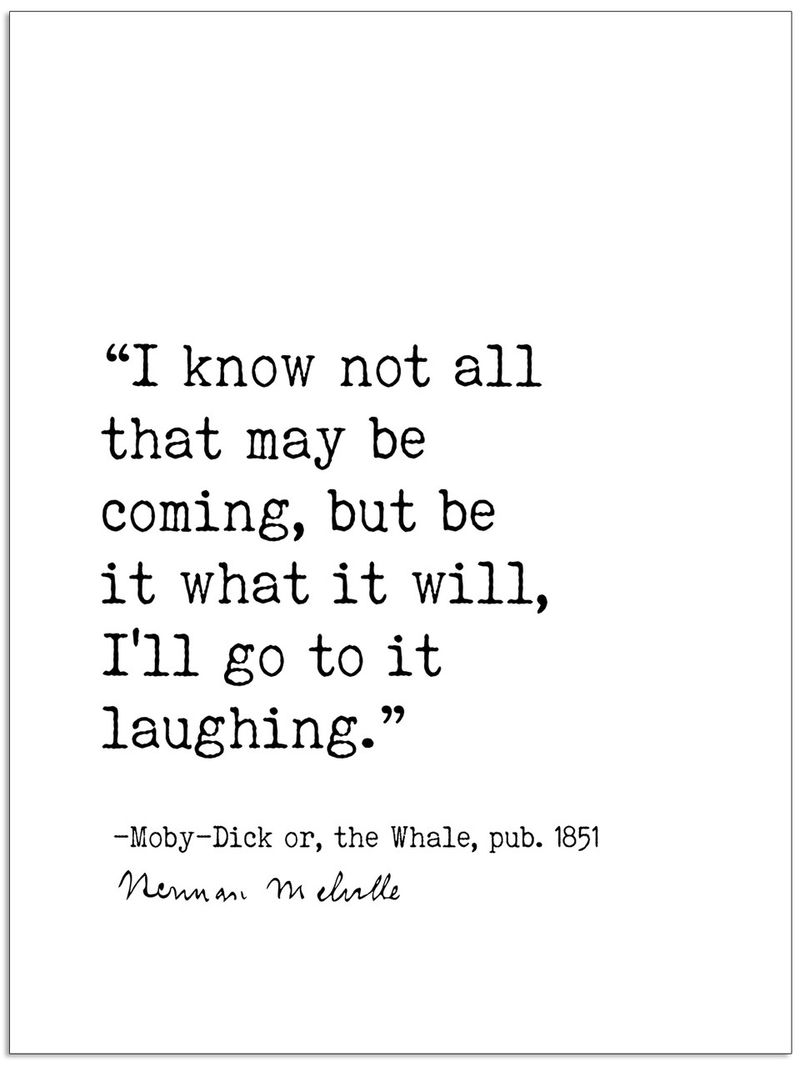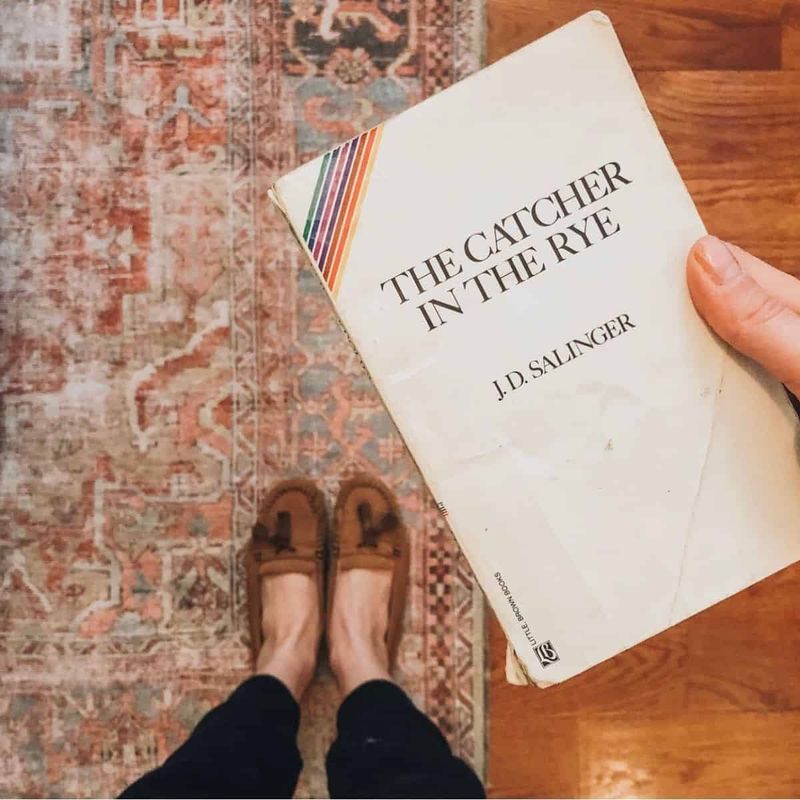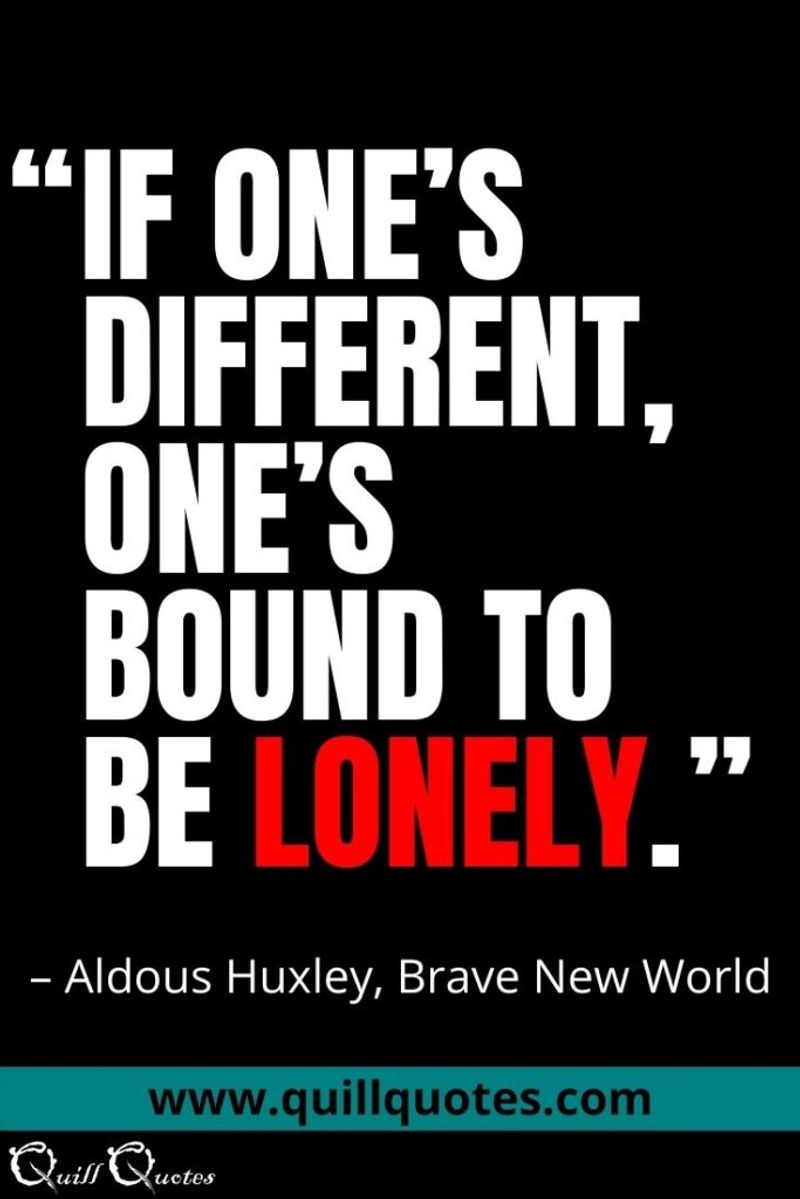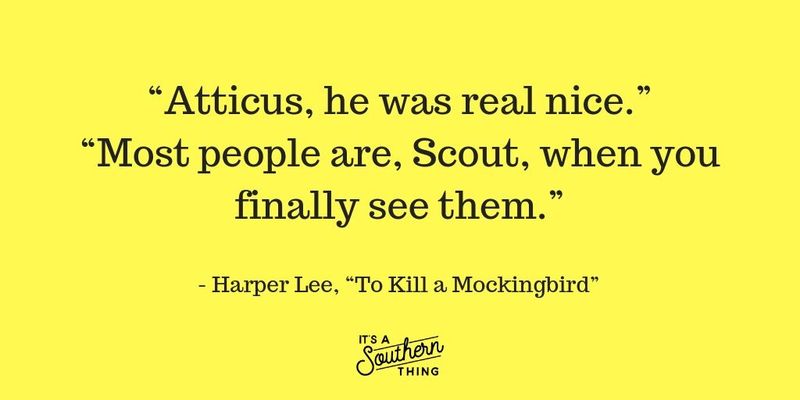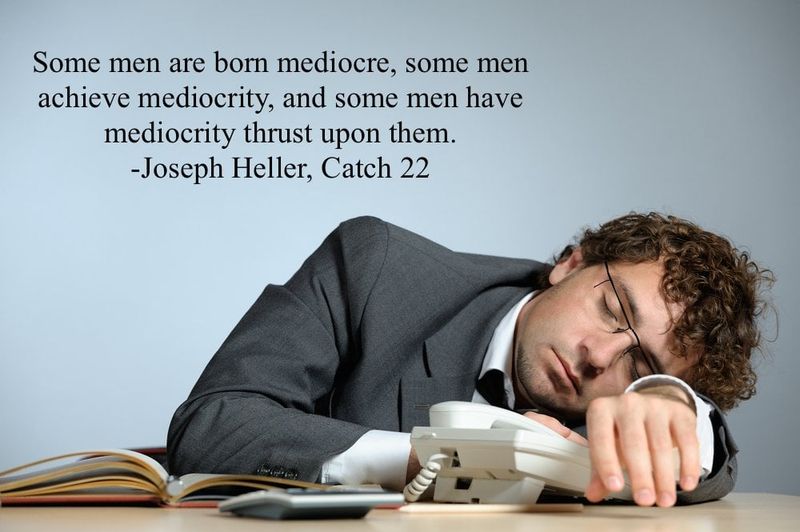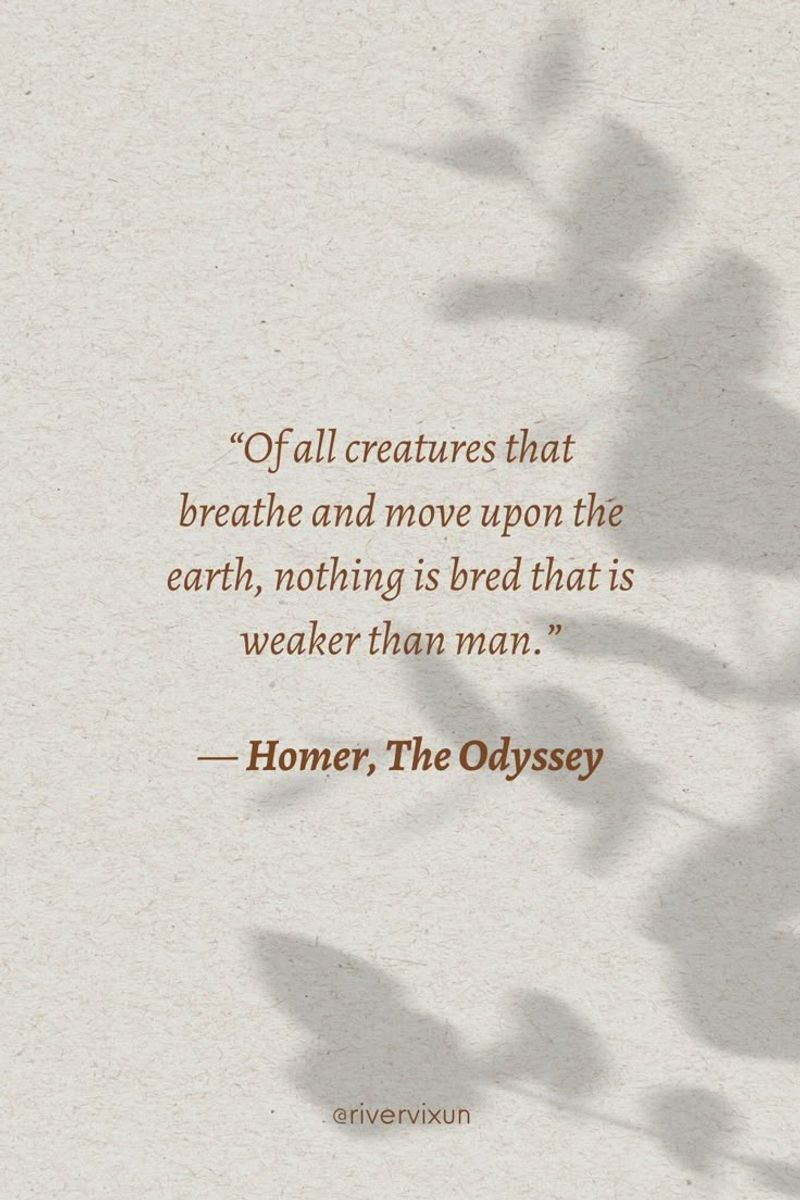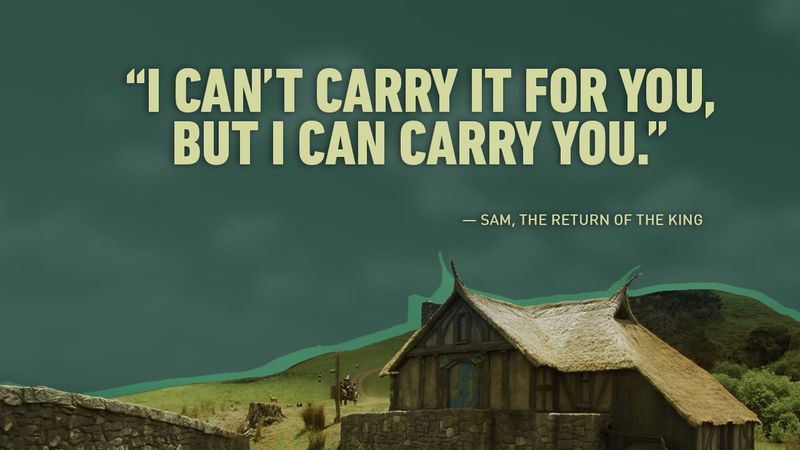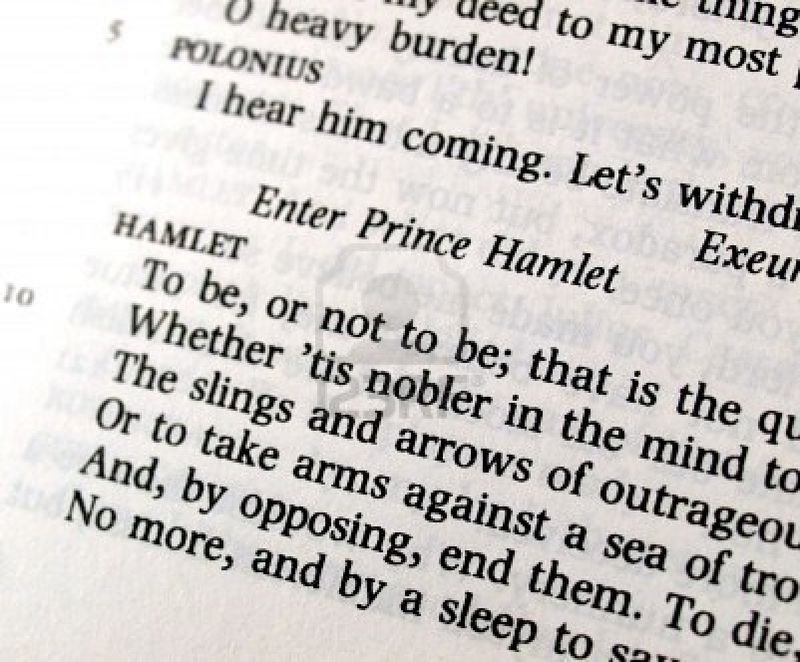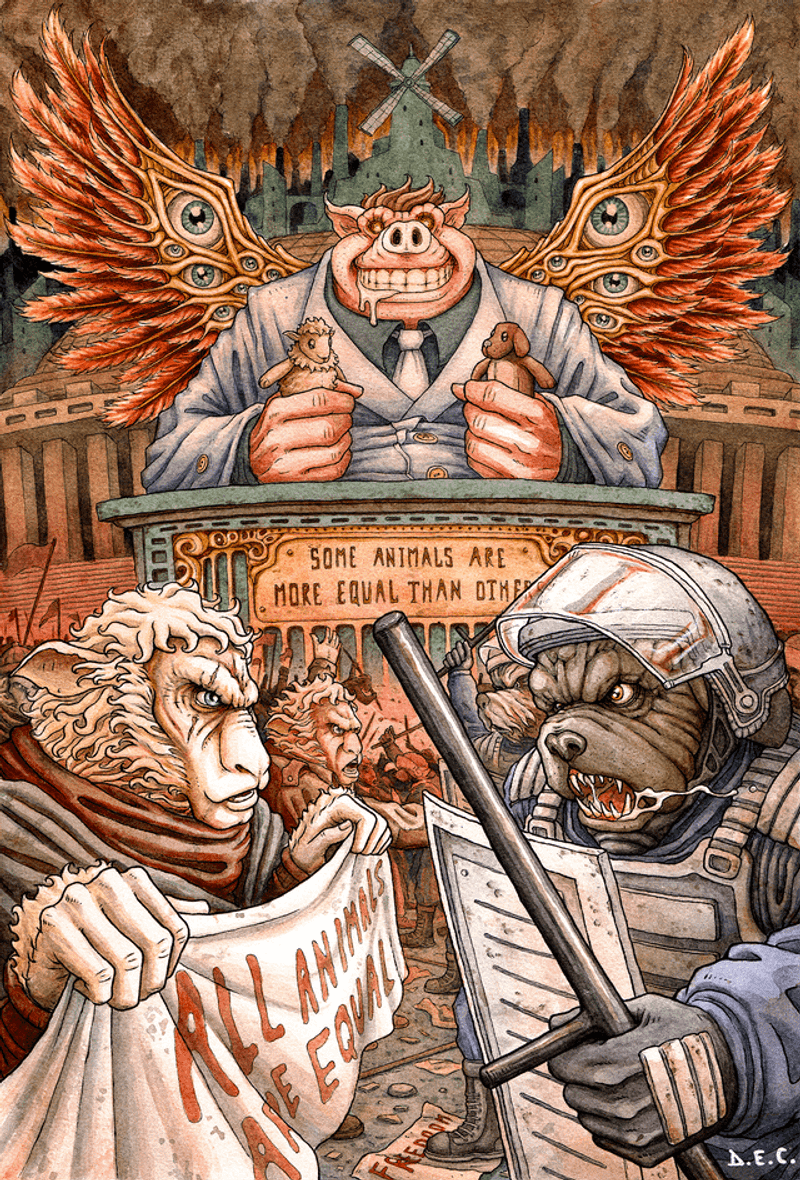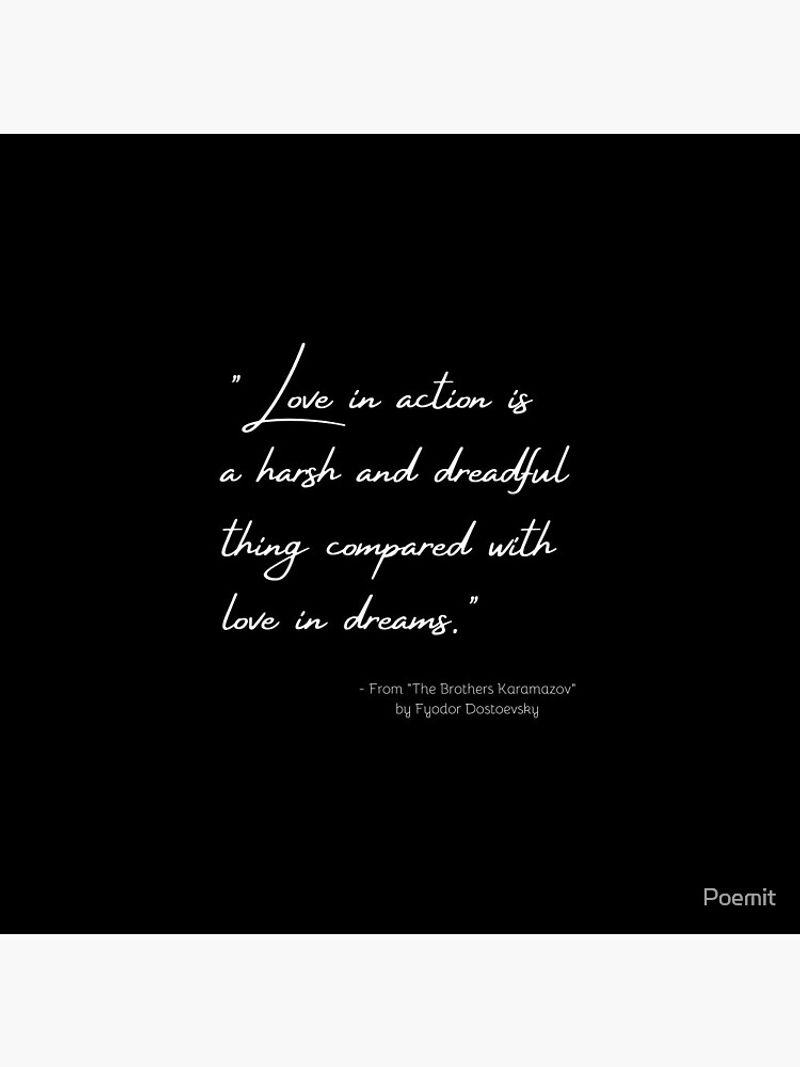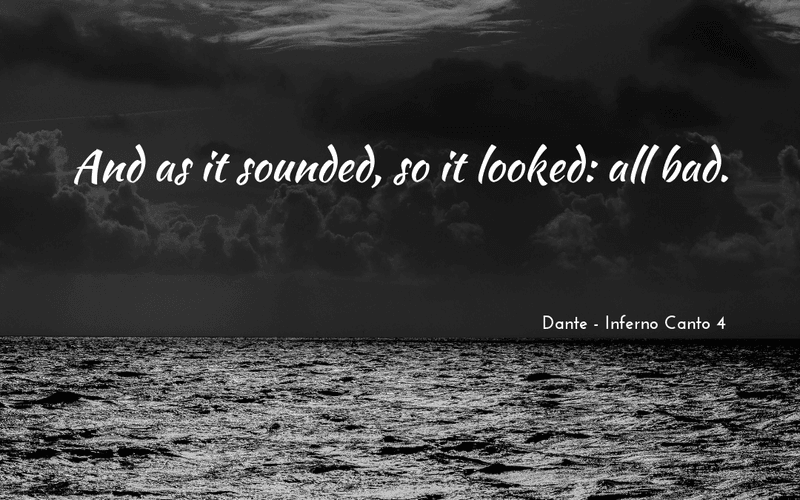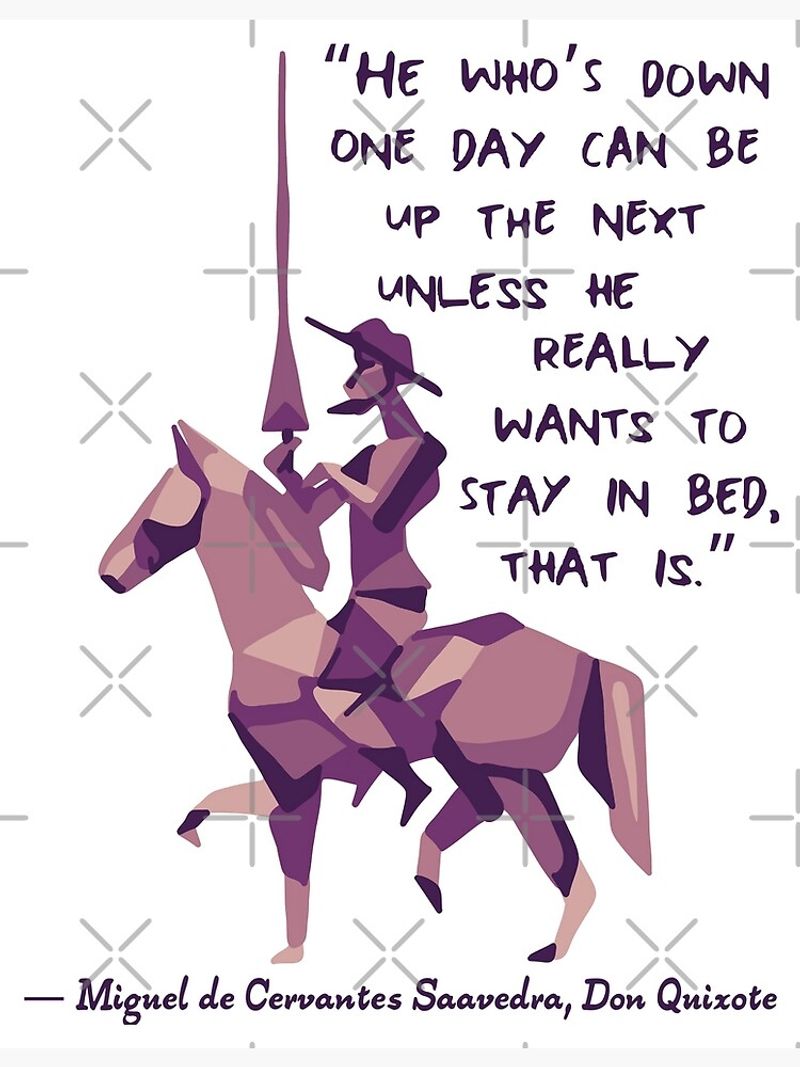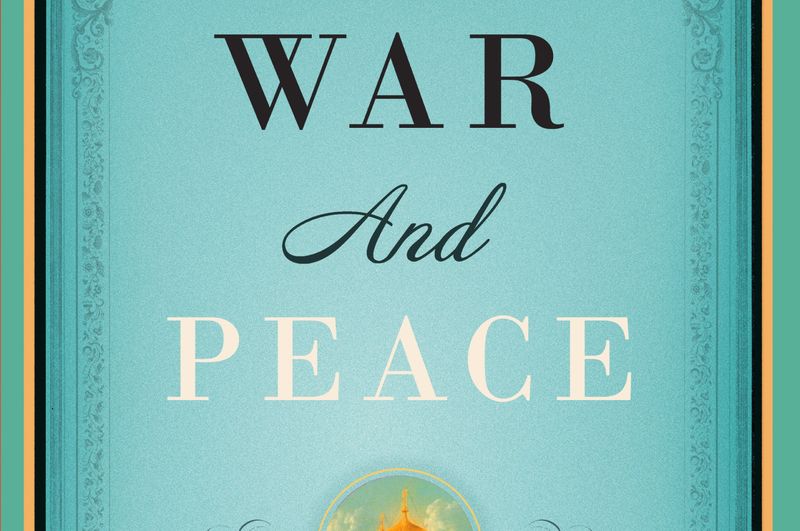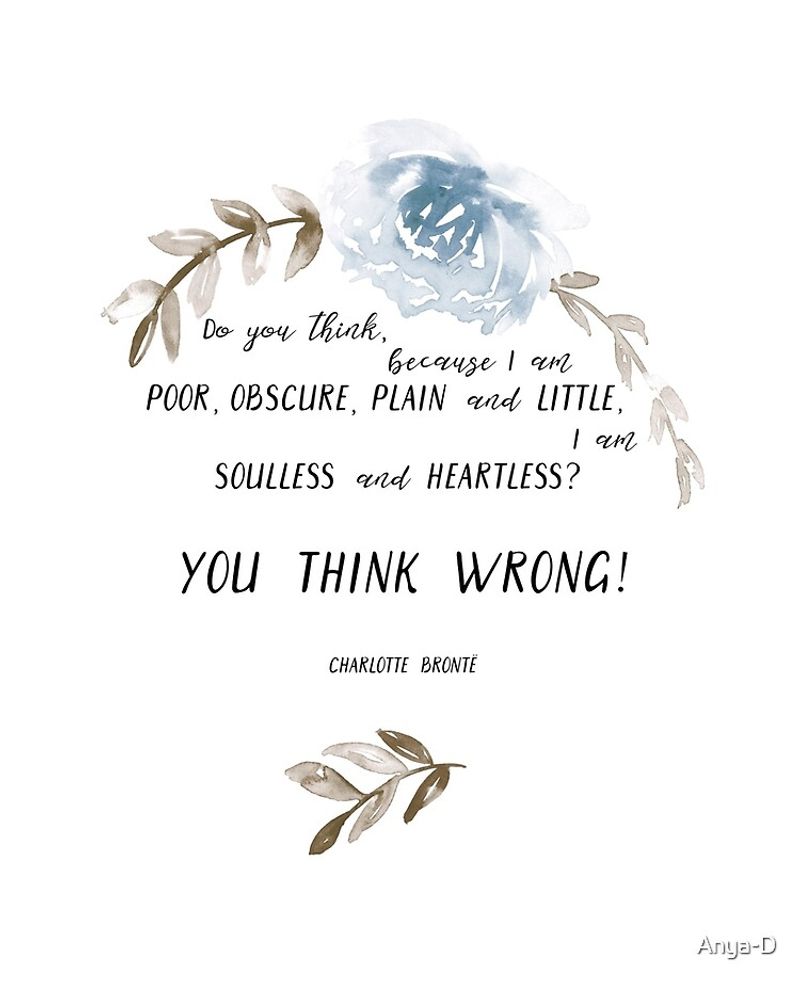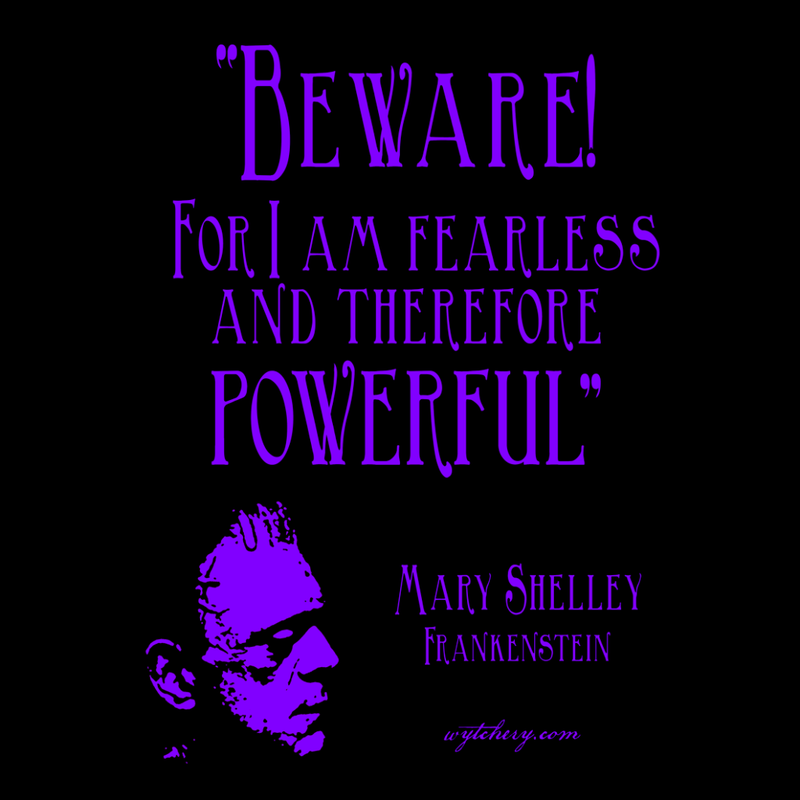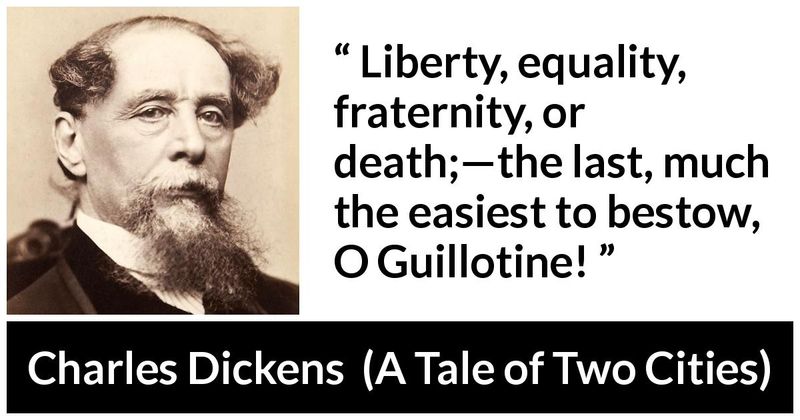Throughout history, certain books have left an indelible mark on our collective consciousness.
These literary masterpieces offer insights, provoke thought, and inspire readers to quote them time and again. In this blog post, we explore 24 of the most quoted books that continue to resonate across generations.
Each book is not only a testament to its author’s brilliance but also a reflection of the human experience.
1. 1984
George Orwell’s “1984” is a chilling exploration of totalitarianism and surveillance. The novel’s portrayal of a world where “Big Brother is watching” has entered the lexicon as a symbol of oppressive governance.
Orwell’s vision of a society stripped of privacy serves as a cautionary tale, provoking reflection on contemporary issues of surveillance and freedom. The terms “Orwellian” and “thoughtcrime” have transcended the novel, reinforcing its impact on modern discourse.
Readers often quote its insights into power dynamics, individuality, and resistance, finding relevance in its warnings about unchecked authority.
2. Pride and Prejudice
Jane Austen’s “Pride and Prejudice” is celebrated for its wit, romance, and social commentary. The novel introduces Elizabeth Bennet, whose sharp mind and independent spirit captivate readers.
Austen’s exploration of love, class, and societal expectations is rich with quotable moments, particularly the famous opening line about marriage. The banter between Elizabeth and Mr.
Darcy highlights themes of misunderstanding and growth, resonating with audiences for centuries. Readers often reflect on the importance of personal growth and societal norms, quoting Austen’s insights on love and character, which continue to enchant modern audiences.
3. The Great Gatsby
F. Scott Fitzgerald’s “The Great Gatsby” captures the essence of the Jazz Age and the American Dream. The novel’s narrative, told through the eyes of Nick Carraway, unveils the enigmatic Jay Gatsby’s tragic pursuit of love and wealth.
Gatsby’s longing for the past and the elusive green light are themes that evoke reflection on ambition and disillusionment. Fitzgerald’s prose, rich with symbolism, offers a wealth of memorable lines.
Readers frequently quote its insights on wealth, love, and the pursuit of happiness, finding resonance in its critique of the American Dream and the fleeting nature of life.
4. Moby Dick
Herman Melville’s “Moby Dick” is a profound exploration of obsession and revenge. The narrative follows Captain Ahab’s relentless pursuit of the titular white whale, symbolizing the destructiveness of obsession.
Melville’s novel is imbued with philosophical musings and rich symbolism, offering readers ample material for reflection. The opening line, “Call me Ishmael,” is undeniably iconic, setting the tone for a tale of adventure and introspection.
Quotes from the book often touch on themes of fate, humanity, and nature, drawing readers into its complex narrative and encouraging deeper consideration of its moral questions.
5. The Catcher in the Rye
J.D. Salinger’s “The Catcher in the Rye” is a seminal work on adolescent angst and alienation. The novel’s protagonist, Holden Caulfield, embodies the struggle of finding one’s place in a world full of “phonies.”
Salinger’s narrative captures the essence of teenage rebellion and search for identity, resonating with generations of readers. Holden’s candid voice and observations offer a wealth of quotable moments that continue to inspire reflection on authenticity and belonging.
Readers often revisit its themes of innocence, loss, and societal pressures, finding solace and understanding in Holden’s journey.
6. Brave New World
Aldous Huxley’s “Brave New World” offers a dystopian vision of a technologically advanced society where individuality is sacrificed for stability. The novel’s portrayal of a world centered on consumerism and superficial happiness provokes thought on the cost of progress.
Huxley’s insights into human conditioning, freedom, and conformity remain profoundly relevant. Readers often quote the book’s exploration of identity and the dehumanizing effects of technology.
The narrative challenges readers to reflect on the balance between advancement and humanity, cautioning against the loss of individuality in the pursuit of uniformity.
7. To Kill a Mockingbird
Harper Lee’s “To Kill a Mockingbird” is a timeless classic that delves into themes of racial injustice and moral growth. Set in the 1930s, the book tells the story of Scout Finch and her father, Atticus, as they navigate the complexities of their small Southern town.
Atticus Finch’s words on empathy, courage, and integrity have become deeply ingrained in our cultural lexicon.
Many readers find themselves quoting lines about walking in someone else’s shoes, reflecting on the importance of understanding and compassion. The narrative continues to resonate, offering valuable lessons for all ages. Its exploration of human nature ensures ongoing relevance.
8. The Catch-22
Joseph Heller’s “Catch-22” is a satirical masterpiece that critiques the absurdities of war and bureaucracy.
The novel’s titular catch, where pilots are considered insane if they willingly continue dangerous missions, but sane if they request to be grounded, epitomizes the paradoxes of war. Heller’s sharp wit and dark humor offer a unique perspective on the irrationalities of military life.
The phrase “catch-22” has transcended literature, becoming synonymous with no-win situations. Readers often quote its insights into the human condition, reflecting on the humor and tragedy woven into the fabric of bureaucratic systems.
9. The Odyssey
Homer’s “The Odyssey” is an epic tale of adventure and heroism. The narrative follows Odysseus’s long journey home after the Trojan War, encountering gods, monsters, and temptations along the way.
The epic is rich with themes of perseverance, loyalty, and cleverness, offering timeless lessons that continue to inspire readers. The phrase “odyssey” has entered the lexicon, symbolizing any long and arduous journey.
Readers often quote its exploration of the human spirit, drawing inspiration from Odysseus’s unwavering determination and resourcefulness, as they embark on their own personal journeys.
10. The Lord of the Rings
J.R.R. Tolkien’s “The Lord of the Rings” is an epic fantasy saga that has captured the imaginations of readers worldwide. The narrative follows a diverse fellowship as they embark on a quest to destroy the One Ring.
Tolkien’s richly imagined world and complex characters offer a wealth of quotable moments on themes of friendship, courage, and sacrifice. The epic’s timeless battle between good and evil continues to resonate with audiences.
Readers often quote its insights on heroism and fellowship, finding inspiration in the epic’s exploration of loyalty and the enduring power of hope.
11. The Bible
The Bible, a collection of sacred texts, holds profound spiritual and historical significance. Its verses, cherished by many, offer guidance, wisdom, and inspiration across cultures and generations.
The Bible’s narratives encompass themes of faith, redemption, and morality, providing a rich tapestry of stories and teachings. Quotations from its passages resonate deeply, influencing language, literature, and moral philosophy.
Readers often reflect on its timeless lessons, drawing strength and insight from its profound messages. The Bible’s enduring impact is a testament to its role as a cornerstone of religious and literary tradition.
12. Hamlet
William Shakespeare’s “Hamlet” is a profound exploration of revenge, madness, and existentialism. The play’s protagonist, Prince Hamlet, grapples with the moral complexities of avenging his father’s murder.
Shakespeare’s masterful use of language offers a wealth of quotable lines, including the renowned soliloquy “To be, or not to be.” The play’s themes of indecision, betrayal, and mortality resonate with audiences, inviting reflection on the human experience.
Readers often quote its insights into the nature of existence, finding resonance in Hamlet’s introspective journey and the timeless exploration of life’s dilemmas.
13. The Iliad
Homer’s “The Iliad” is an epic poem that delves into the drama and heroism of the Trojan War. The narrative centers on Achilles, whose wrath and valor shape the course of the conflict.
The epic’s themes of honor, fate, and the human condition offer timeless reflections on the nature of war and glory. Quotations from the poem continue to echo through history, influencing literature and philosophy.
Readers often quote its exploration of human emotions and the tragic consequences of pride and ambition, finding resonance in its portrayal of heroism and the inevitable march of destiny.
14. The Alchemist
Paulo Coelho’s “The Alchemist” is a modern fable about the pursuit of dreams and self-discovery. The narrative follows Santiago, a shepherd, on his journey to find treasure, only to discover deeper truths about himself.
Coelho’s tale is rich with allegory, offering readers inspiration to follow their own paths and listen to their hearts. The book’s message of personal legend and the importance of pursuing one’s dreams resonates with readers globally.
Quotes from the novel often emphasize the power of belief and transformation, encouraging reflection on life’s purpose and the pursuit of fulfillment.
15. Animal Farm
George Orwell’s “Animal Farm” is an allegorical novella that critiques totalitarianism through the lens of a farmyard uprising. The narrative, where animals overthrow their human owner only to fall into tyranny, mirrors the Russian Revolution.
Orwell’s sharp wit and allegory offer quotable insights into the nature of power and corruption. Phrases like “All animals are equal, but some animals are more equal than others” have become ingrained in political discourse.
Readers often quote its exploration of manipulation and control, finding relevance in its critique of power dynamics and the cyclical nature of oppression.
16. The Brothers Karamazov
Fyodor Dostoevsky’s “The Brothers Karamazov” is a profound exploration of faith, morality, and free will. The narrative weaves together the lives of the Karamazov brothers, each embodying different facets of the human experience.
Dostoevsky’s philosophical depth and intricate characterizations offer a wealth of quotable insights on existential dilemmas and the nature of good and evil. The novel’s exploration of spiritual and ethical questions continues to captivate readers.
Readers often quote its reflections on human nature and the struggle for meaning, finding resonance in its examination of faith and the complexities of the soul.
17. The Divine Comedy
Dante Alighieri’s “The Divine Comedy” is an epic poem that chronicles the soul’s journey through Hell, Purgatory, and Heaven. The narrative, rich with allegory and vivid imagery, explores themes of redemption, justice, and divine love.
Dante’s masterful use of language offers a wealth of quotable moments, reflecting on the nature of sin and salvation. The epic’s structure and storytelling have left an enduring impact on literature and art.
Readers often quote its exploration of morality and the human condition, finding inspiration in its portrayal of the soul’s quest for redemption and the pursuit of spiritual enlightenment.
18. The Quran
The Quran, the holy book of Islam, holds deep spiritual and cultural significance. Its verses, revered by millions, offer guidance, wisdom, and a profound connection to faith.
The Quran’s teachings encompass themes of compassion, justice, and devotion, providing a rich source of knowledge and reflection. Quotations from its passages influence language, culture, and moral thought worldwide.
Readers often contemplate its timeless lessons, drawing strength and understanding from its spiritual insights. The Quran’s enduring impact reflects its role as a cornerstone of religious and cultural heritage, resonating with believers and scholars alike.
19. Don Quixote
Miguel de Cervantes’s “Don Quixote” is a pioneering work of modern literature. The narrative follows the adventures of an aging knight, Don Quixote, whose idealism and imagination often blur the lines between reality and fantasy.
Cervantes’s novel is rich with humor and insight, offering quotable reflections on the nature of chivalry and the human spirit. The concept of “quixotic” has entered the lexicon, symbolizing idealistic yet impractical pursuits.
Readers often quote its exploration of dreams and reality, finding resonance in its portrayal of perseverance and the enduring power of imagination and hope.
20. War and Peace
Leo Tolstoy’s “War and Peace” is an epic tale of love, conflict, and history. The narrative intricately weaves the lives of Russian aristocrats and commoners against the backdrop of the Napoleonic Wars.
Tolstoy’s exploration of human nature, destiny, and society offers a wealth of quotable insights. The novel’s portrayal of life’s complexities and the interconnectedness of personal and national struggles resonates with readers.
Readers often quote its reflections on fate and free will, finding inspiration in its examination of the human condition and the enduring quest for meaning amidst the chaos of history.
21. Jane Eyre
Charlotte Brontë’s “Jane Eyre” is a novel of personal growth and moral fortitude. The narrative follows Jane, an orphaned governess, as she navigates love and adversity in Victorian England.
Brontë’s exploration of identity and independence offers a wealth of quotable moments on themes of self-respect and resilience. Jane’s journey towards self-discovery and empowerment continues to inspire modern audiences.
Readers often quote its insights into love, autonomy, and integrity, finding resonance in its portrayal of a woman’s struggle for authenticity and equality in a restrictive society.
22. Frankenstein
Mary Shelley’s “Frankenstein” is a groundbreaking work of science fiction and Gothic literature. The narrative explores the consequences of unchecked ambition and the quest for knowledge through the story of Victor Frankenstein and his monstrous creation.
Shelley’s novel raises profound questions about humanity, responsibility, and the boundaries of science. The phrase “Frankenstein’s monster” has entered popular culture, symbolizing unintended consequences.
Readers often quote its exploration of creation and alienation, finding relevance in its cautionary message about the ethical considerations of scientific advancement and the pursuit of power.
23. Les Misérables
Victor Hugo’s “Les Misérables” is a sweeping epic of redemption, love, and revolution. The narrative follows Jean Valjean, an ex-convict, as he seeks redemption amidst the tumult of 19th-century France.
Hugo’s exploration of justice, compassion, and human dignity offers a wealth of quotable insights. The novel’s portrayal of personal and societal transformation resonates with readers, inspiring reflection on the power of hope and resilience.
Readers often quote its reflections on poverty and liberty, finding inspiration in its portrayal of the human spirit’s ability to overcome adversity and effect change in the world.
24. A Tale of Two Cities
Charles Dickens’s “A Tale of Two Cities” is a historical novel set during the tumultuous times of the French Revolution. The narrative explores themes of sacrifice, resurrection, and social justice through the lives of a diverse cast of characters.
Dickens’s vivid storytelling and profound insights offer a wealth of quotable moments, including the iconic opening line, “It was the best of times, it was the worst of times.”
Readers often quote its exploration of duality and redemption, finding resonance in its portrayal of the human capacity for change and the enduring power of love and sacrifice.

